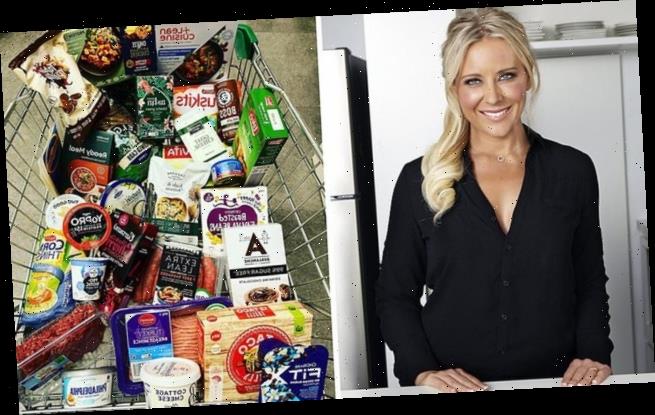LUTHER, Gangs of London, The Inbetweeners and Broadchurch are among hit TV series that fly in the face of green behaviour, say eco experts.
Two thirds of Britain’s most-watched TV shows exhibit “damaging eco behaviours”, according to a new report.
In a first-of-its-kind study, boffins at Goldsmiths University analysed 45 of the UK’s most watched shows, checking out the everyday eco habits from the cars they drive, to whether they measure their energy use with a smart meter.
The shows were then awarded a red, amber or green rating, based on how eco-friendly they were.
The worst rated shows were Luther and Gangs of London – which both feature criminal figures exhibiting glamorous lifestyles with several luxury cars at numerous properties.
And across 90 episodes of TV, climate change, sustainability or the environment failed to make it into the script once.
The Love Island Villa was the only property that had solar panels – this represents 0.8 per cent shown on screen, which is less than a third of the national average (2.8 per cent).
And despite millions of homes and small businesses having smart meters to manage energy use, none of the TV households analysed showed evidence of a visible smart meter.
In contrast, sitcom Fresh Meat, Normal People and Grand Designs came out top of the green ratings in the study, done in partnership with Smart Energy GB,.
Fresh Meat was noted for carpooling and regular evidence of clothes drying naturally, while bonkbuster Normal People showed composting and recycling, double glazing and relying on natural rather than electric lighting in homes.
Grand Designs was also praised for frequently depicting recycled building materials.
How green is your favourite TV show?
Latest research reveals how eco-friendly our favourite TV shows are:
GREEN – Eco brownie points
Grand Designs
Fresh Meat
Mrs. Brown’s Boys
Normal People
Peppa Pig
Two Doors Down
Fleabag
Neighbours
This Country
Coronation Street
Not Going Out
Emmerdale
Friday Night Dinner
I May Destroy You
Peep Show
AMBER – Almost living the green dream
Kate & Koji
Sherlock
Still Game
Top Boy
Marcella
EastEnders
Hollyoaks
Come Dine with Me
Love Island
Skins
The Fall
Line of Duty
Shetland
Pobol y Cwm
Cold Feet
Keeping Faith
Killing Eve
Sex Education
Shameless
Motherland
The Bay
RED – Bottom of the class for eco-awareness
Broadchurch
The Inbetweeners
The Trouble with Maggie Cole
Brassic
Collateral
The Nest
The Split
Luther
Gangs of London
Join The Sun's Green Team to find out how to make a big impact on the planet – and your everyday bills!
Professor Toby Miller from Goldsmiths said: “As a nation we spend a huge amount of time watching TV, and it’s an incredibly influential medium.
“Despite the climate crisis being a huge topic of interest, this is the first time we’ve been able to assess how well our favourite TV households fare when it comes to sustainability and positive eco-behaviours.
“While many are doing it well, the findings show that productions across broadcasters and genres could do more in representing energy efficiency and healthy environmental behaviours, such using a smart meter to help to reduce energy waste and cut down your carbon footprint.”
Over the 150 hours of viewing, only 2.4 per cent of TV households were seen to recycle compared to current national figures of 90 per cent.
Robert Cheesewright, director at Smart Energy GB, said: “We’re not asking for changes to the storylines that entertain us all, as now more than ever we need the escapism great TV offers.
“But with their powerful ability to inform our choices, the shows we watch should play a bigger role in the fight against climate change.”
The analysis was carried out alongside research of 2,000 adults that found Brits have been watching TV for an extra three hours and 20 minutes per day during lockdown.
And a third claimed they are more influenced by what they see on screen than ever.
As a result, a fifth of adults feel watching shows where characters make a point of turning off lights and reducing their energy use incentivises them to live a ‘greener’ life.
While 15 per cent have even been inspired to start growing their own fruit and veg after seeing their favourite TV characters get green-fingered.
Source: Read Full Article





